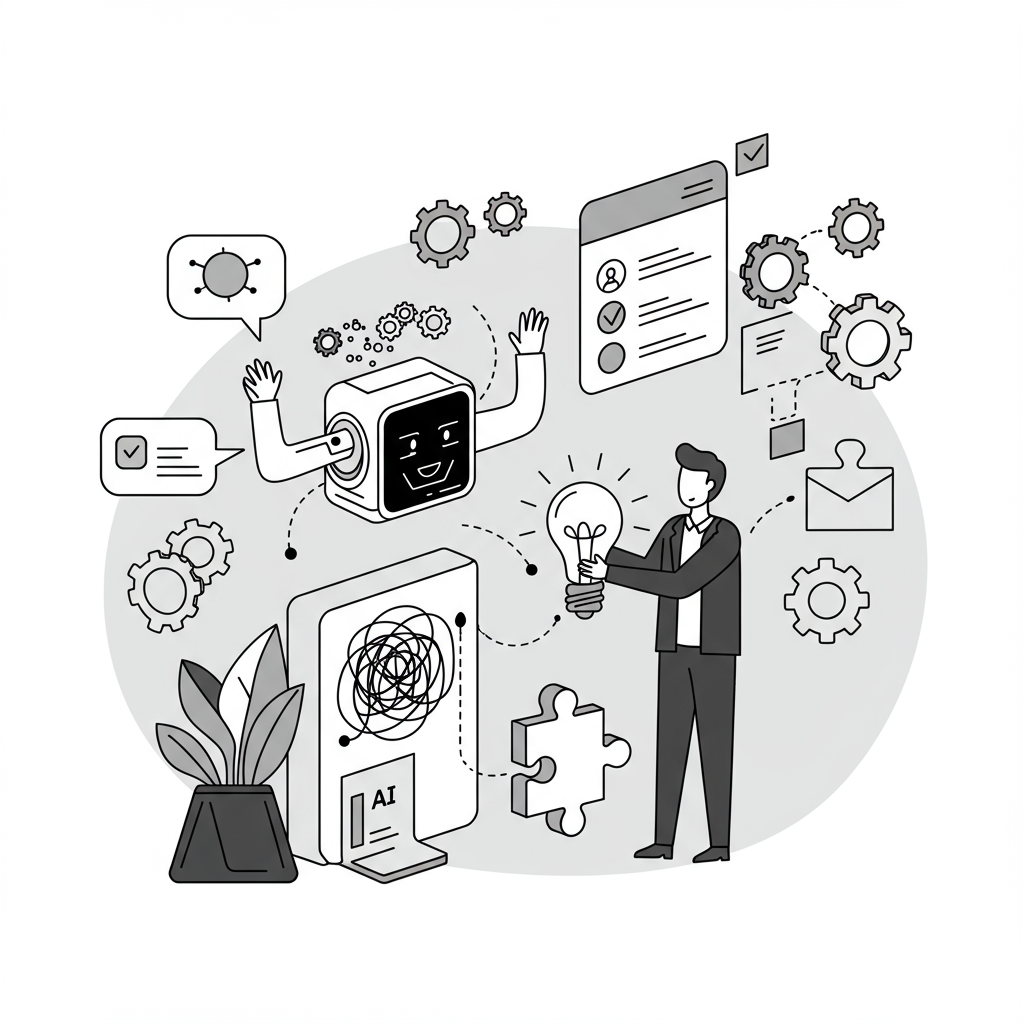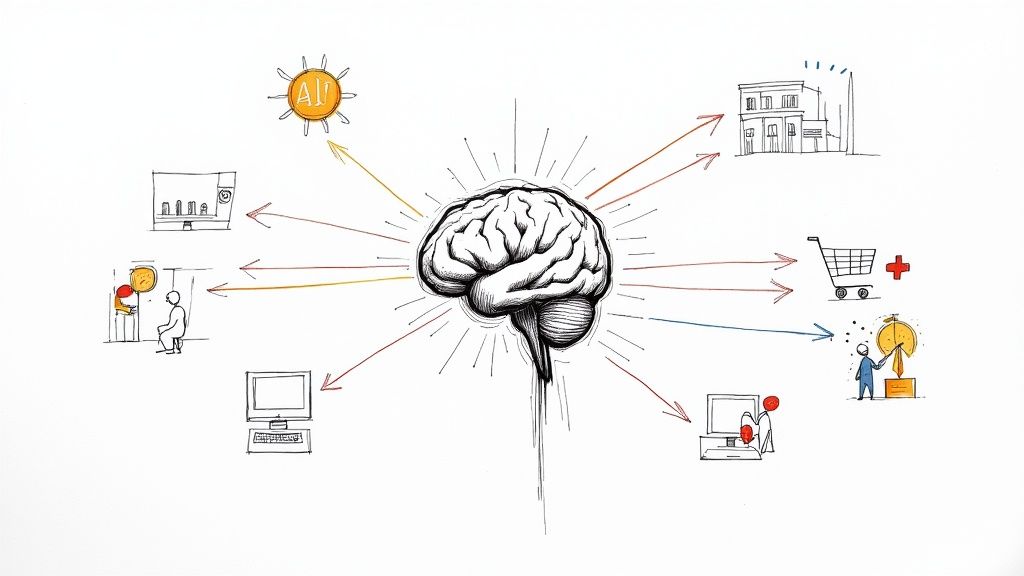How AI Helps Businesses in Problem Solving
From practical use cases to smart implementation strategies, see how AI is helping teams solve real-world challenges and work smarter across industries.

In today's rapidly evolving digital landscape, how AI helps businesses has become a strategic necessity. From small startups to global enterprises, artificial intelligence is reshaping how companies operate, make decisions, and serve customers. As adoption accelerates, organizations are finding innovative ways to leverage AI for business problems, streamlining processes, reducing costs, and delivering smarter experiences.
This growth trend encourages AI consultant companies to focus more on custom-developed tools specifically designed to solve targeted problems. Understanding and exploring this trend can benefit not only businesses but also the customers they serve across various industries.
Transforming Everyday Operations
One of the most notable impacts of artificial intelligence in business is in automating routine tasks. Whether it's managing emails, processing invoices, or sorting customer service tickets, AI can handle repetitive operations with remarkable accuracy. This frees up human talent to focus on higher-value work like strategy, creativity, and customer engagement. The right AI strategy can enhance the growth of business in any sector effectively.
For example, AI-powered chatbots are now handling millions of customer interactions daily, offering real-time assistance without delays. These intelligent tools not only reduce workload for support teams but also improve customer satisfaction through instant responses.
Data-Driven Decision-Making
Modern businesses generate enormous volumes of data. But raw data is only useful if it leads to action. That’s where AI applications in business shine. Machine learning models can analyze complex datasets faster than any human team, identifying patterns, forecasting trends, and providing actionable insights.
Retailers, for instance, use AI to understand consumer behavior and optimize inventory levels. Healthcare companies rely on AI to predict patient needs, while finance firms use it to detect fraud and manage risk. These are just a few AI use cases in business that demonstrate its transformative power. Exploring more use cases in various industries will give you a good insight of how AI help businesses in real-world.
Solving Real Business Challenges
When it comes to AI for business problems, real-world implementations show immense promise. AI is being applied to optimize supply chains, personalize marketing campaigns, and even aid in talent acquisition by screening resumes and predicting candidate fit.
Take manufacturing: AI-powered quality control systems now use computer vision to detect defects in real time, reducing waste and improving product consistency. In logistics, AI is improving route planning, saving time and fuel costs. These examples highlight how AI helps businesses solve persistent inefficiencies that once seemed unsolvable.
Driving Innovation and Competitive Advantage
AI doesn’t just optimize, but enables entirely new possibilities. From personalized shopping experiences to predictive maintenance in machinery, AI implementation in business opens doors to new products, services, and revenue streams.
Forward-thinking companies are building intelligent apps that anticipate customer needs, automate content creation, and even design products. This level of innovation is becoming essential for staying competitive in saturated markets.
Conclusion
From automation to innovation, the evidence is clear: how AI helps businesses is a question with many powerful answers. Whether you're looking to streamline operations, enhance decision-making, or build smarter products, AI holds the key to unlocking your business’s full potential. As more companies embrace artificial intelligence in business, those who take the lead in AI implementation in business today will be the ones shaping the future tomorrow.
For organizations new to AI, the journey often begins with identifying specific pain points and exploring small-scale pilots. Cloud-based AI tools and pre-built APIs make experimentation easier than ever. But to scale AI successfully, businesses must align it with strategic goals, ensure access to quality data, and plan your use case with experts.



